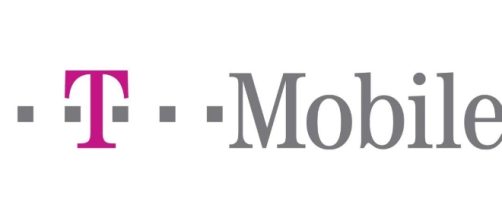T-Mobile unveiled plans to build its next-generation wireless network using the recently acquired radio airwaves from last month's FCC TV spectrum auction. On Tuesday, the nation's third-largest cellular service provider stated that the new 5G system would focus on broader coverage instead of boosting mobile network speed.
The company's plans go against the conventional thinking about 5G, which many believed could bring network connection speeds to a new level. Instead, the American network carrier is keen on giving its customers better network coverage and the ability to manage multiple devices beyond the standard phone.
Better coverage at the expense of future data speeds
However, critics are wary of T-Mobile's network upgrade. According to Jan Dawson, an analyst at Jackdaw Research, "there's a certain irony" in the company's approach. He added that the carriers' proposition could see it lead to rival 5G coverage but at the expense of lagging speeds over time.
The proposal would put T-Mobile in the top spot for the deployment of the next-gen network. Furthermore, it would enable the network carrier to claim the first nationwide 5G coverage.
Presumably, Most Americans are signed up for a wireless plan, and rival service providers are racing to put up national 5G. Additionally, the next-gen network runs on efficient technology that allows it improve video streaming services, in particular with the rising demand for data-hungry applications like mobile gaming, and social media platforms.
Moreover, T-Mobile's plan could give it a significant advantage over rival service providers because it will have access to its newly acquired radio spectrum as early as this year.
Industry experts weigh in with T-Mobile's plans
However tech pundits are not all in for T-Mobile's move, many them believe that company's plan is just a matter of bragging rights since the covered areas will lack any speed boost.
Recon Analytics analyst, Roger Entner believes that the announcement could set them as the "largest 5G network in two years," but the next-gen system's applications are "still nebulous" as of the moment.
Rival cellular network providers downplayed T-Mobile's ambitions. Verizon called out the company's announcement as a PR stunt while Sprint said in a statement that 5G networks are "best-served with high-band spectrum" that can transfer large volumes of data at "very fast speeds." Surprisingly AT&T declined to comment.


